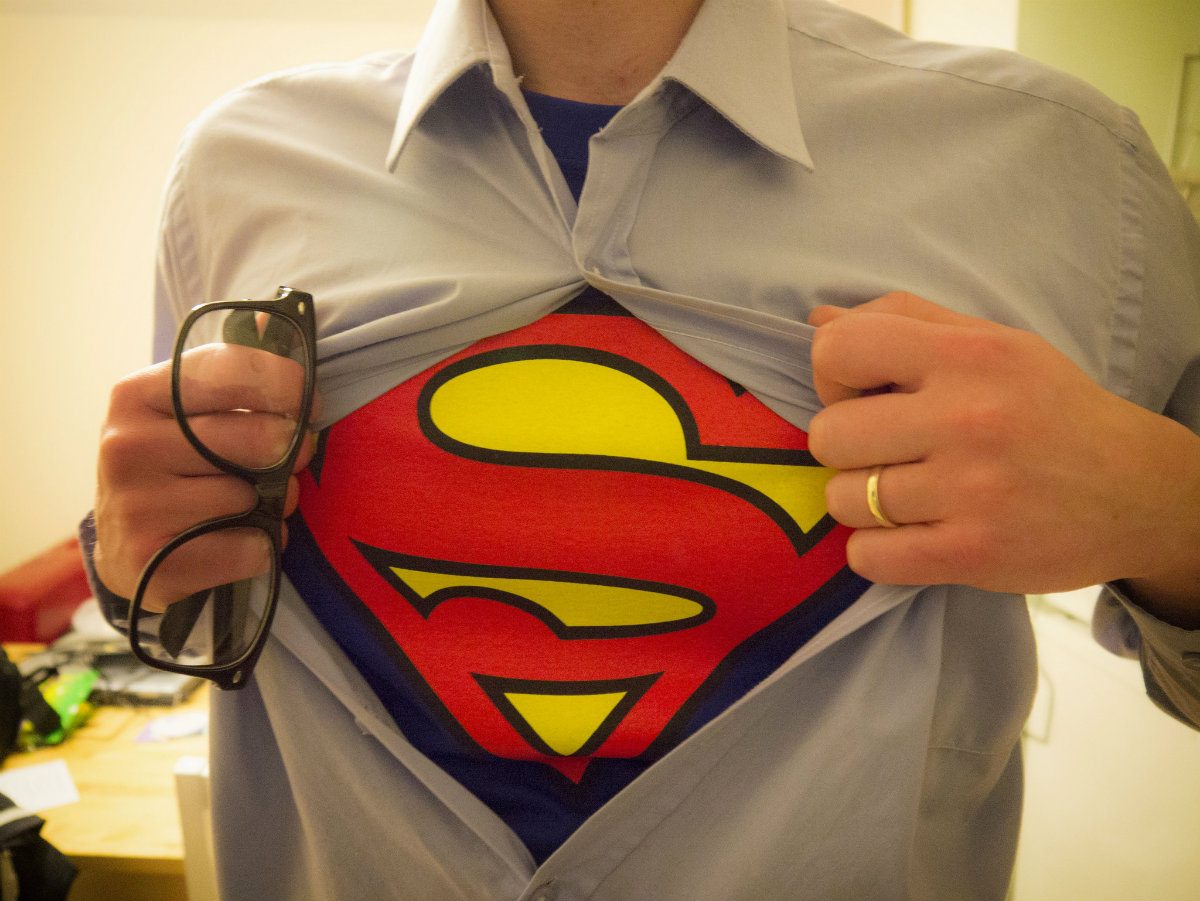As I said in my review last year of Pirate Cinema, a Cory Doctorow YA novel is as much a treatise as a story. His latest, Homeland, is no exception.
Homeland is the sequel to the well-regarded Little Brother, an updating of Orwell’s 1984 set in a post 9/11 San Francisco, where a terrorist attack on the Bay Bridge turns the country into a police state in the blink of an eye. In Little Brother, a group of tech-savvy teens manages to undermine the new totalitarian government by creating its own internet using old gaming consoles.
Homeland follows the hero of the earlier book, Marcus, now a college dropout looking for work after his parents lose their jobs in the recession. In his spare time, he hangs out at Noisebridge, the local makerspace, and learns more about hacking and avoiding electronic surveillance. A trip to Burning Man with his girlfriend Ange leads to more trouble, as Marcus witnesses the kidnapping of Masha, a former government snitch, by Carrie Johnstone, the same sadistic agent who imprisoned him after the bombing of the Bridge.
But Homeland, as you might expect, is not really about Marcus and Ange, or even Masha and Johnstone. They are just a means for Doctorow to educate his audience about how governments keep a tight grip on the populace, and how hackers work to subvert their efforts.
Many pages are spent following Marcus around the anarchist state that is Burning Man, and experiencing all the subcultures that come together there. He meets Wil Wheaton, Mitch Kapoor, and other real-life geek deities. He explains in great detail how to make decent coffee (an obsession of the main character in Pirate Cinema as well).
And he ends up getting a lead that results in a job with the campaign of an independent candidate (vaguely reminiscent of rising political star Cory Booker, though I suspect he is really a stand-in for a pre-presidential Obama). That makes it awkward when he also finds himself at the heart of a WikiLeaks-type operation to release information passed to him by Masha before she was snatched.
I’ll stop before I reveal too much of the plot, which is, as I said, secondary anyway. Perhaps the right question to ask is not “what is the story” but “what will you learn by reading Homeland.” A lot of useful stuff, if you want to find out how to launch a revolution. Stuff like how to set up a darknet that avoids government or commercial surveillance, and how to protect your devices in the event of a circuit-frying energy pulse. How to withstand a police gassing, and how both the government and a resistance movement can make use of UAVs to keep tabs on large gatherings.
All interesting enough to make many readers want to follow up with more investigation of their own. Doctorow makes it easy by providing essays at the end of the book — including one by Aaron Swartz.
But be warned: as dark as Doctorow’s other novels are, Homeland is even darker. It’s clear from reading Homeland that to the author, this is no exaggeration. We are living in a police state, school and college are a means to keep young people in chains, and the only hope is to go underground and try to destroy it from within. For me, that’s a pretty bleak message, and not one I’d necessarily want to instill in my own young adults.
You can listen to an audio recording of Doctorow reading an excerpt from Homeland on his site Craphound .



